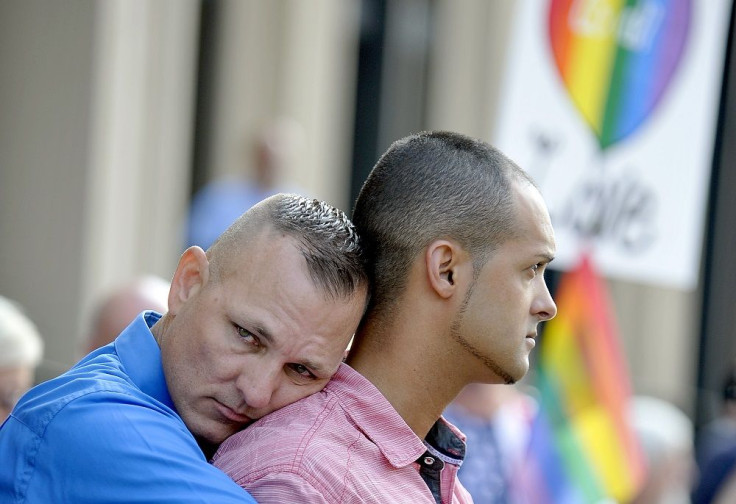Sex worker reforms pass in SA; Queensland Law Society pushes gay conviction repeal

Sex worker reforms bill in South Australia has passed the state parliament's upper house. Meanwhile, Queensland Law Society argued that men facing offences for being gay must have their convictions wiped.
Liberal MP Michelle Lensink’s private members' bill passed 13-8 on a conscience vote on Thursday. The bill now proceeds to the lower house. She expressed doubts whether the bill would be passed in the lower house following the previous unsuccessful attempts to pass reforms for sex workers. Lensink told ABC radio on Thursday there were only one or two votes received last time.
For the Australian Christian Lobby, the vote was “disappointing,” According to news.com.au, SA director Christopher Brohier said it casts aside evidence from Victoria and Queensland showing trafficking and illegal sex trade continued unabated after states decriminalised prostitution.
Gay conviction repeal
A bill that would allow people to apply to have offences committed before 1991, when homosexuality was decriminalised, wiped from their record was previously introduced. Gay people were prosecuted for various offenses such as indecency and sodomy for consensual acts.
Their sexual orientation is no longer a crime now. However, several of those of have been charged have to admit they had a criminal record, specifically when travelling abroad or attending a job interview.
Christine Smyth, Queensland Law Society head, said the body was concerned that people who have been charged are dealing with “distressing, inconvenient and costly” job application. "In our view, the most appropriate course of action is to automatically declare that any record of conviction for certain repealed offences or categories of offence shall not be disclosed, regarded or admissible or otherwise able to be disseminated or used in any way," Brisbane Times quotes her as saying.
Smyth explained some would be eligible for abrupt expungement, like those with no element of violence and were purely consensual. She added any scope for an automatic regime must be pursued.
For the LGBTI Legal Service, a case-by-case approach was the best method to guarantee only applicable convictions would be captured. The approach would also discern consensual and non-consensual behaviour.
Historical records were kept on 1,000 microfilms, police notes. Each one contained 6,000 to 8,000 records.
Kevin Cocks, Queensland’s anti-discrimination commissioner, said offences related to consensual anal intercourse that involved people aged 16 or older between 1991 and 2016 must be included in the scheme. The age of consent for anal sex was down to 16 years.
Read More:
Airbnb becomes ‘economic lifeline’ in Australia
Affordability is Australia’s lowest performing digital readiness aspect: report
TrentAndLuke/YouTube






